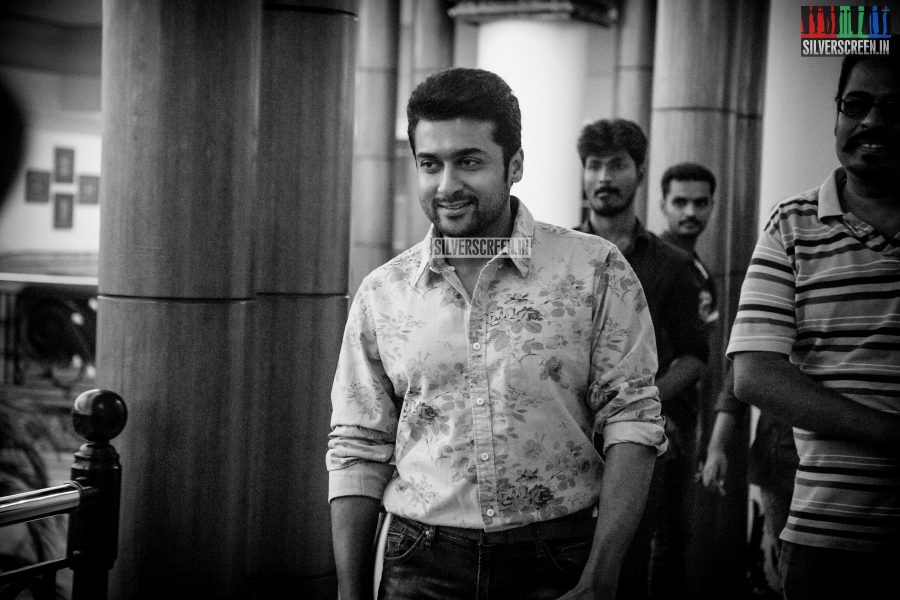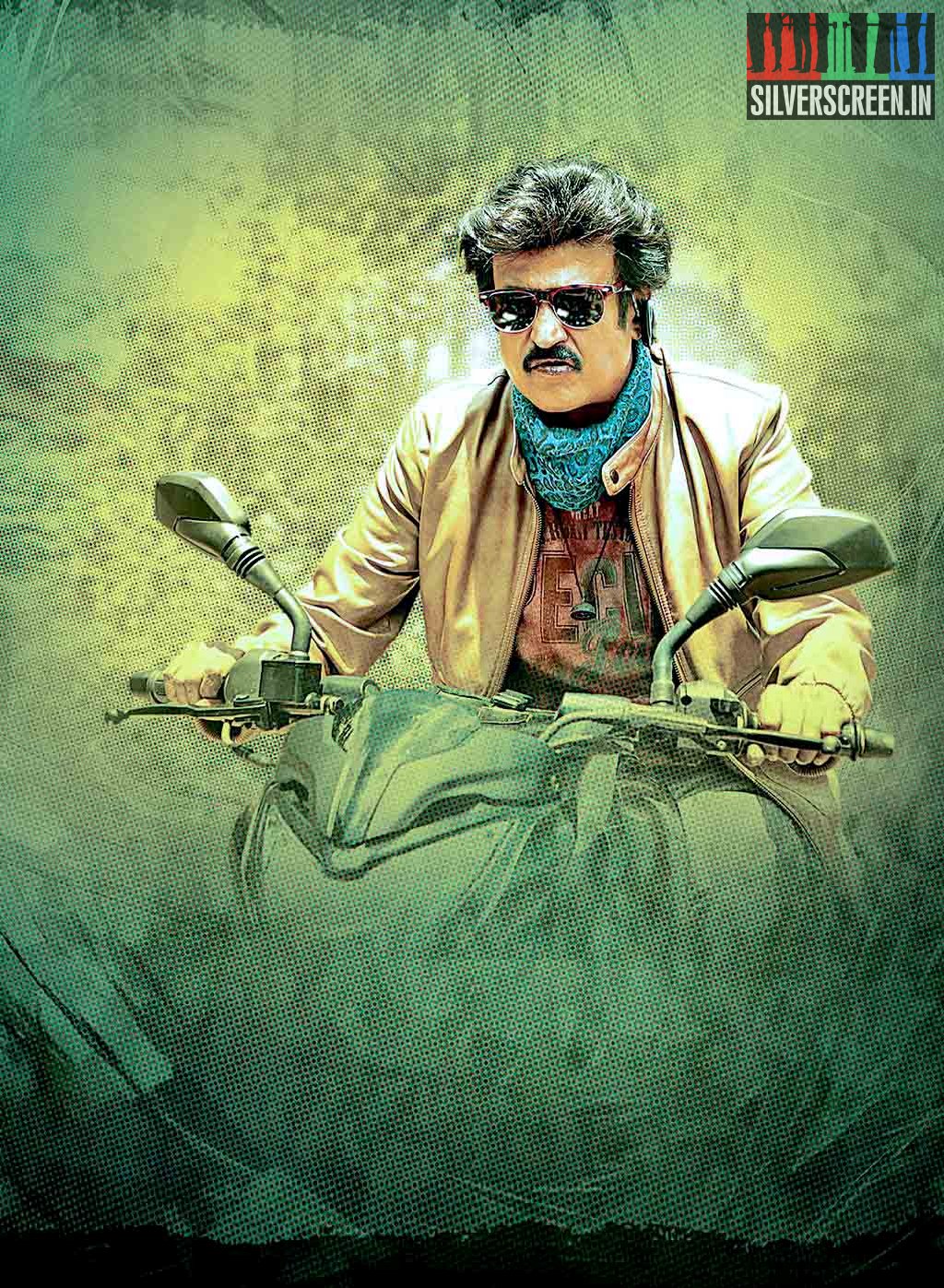PETA has apologised to Actor Suriya for claiming that Suriya was using the jallikattu protests to promote his film Si -3. In an email sent to his lawyer R Vijayanand, PETA India’s CEO Poorva Joshipura extended her ‘wholehearted apology’ to the actor after he claimed their comments caused him “mental stress”. The apology is not very apologetic, though.
But first…
***
PETA prides itself on its “Uncompromising Stands on Animal Rights,” and insists that while its tactics and positions maybe controversial, they are always true to its mission of stopping animal abuse worldwide. In a 2003 profile in The Guardian , PETA’s founder Ingrid Newkirk elaborated on her organisation’s use of controversial tactics. “We are complete press sluts. It is our obligation. We would be worthless if we were just polite and didn’t make any waves.”
PETA’s formula is 80 per cent outrage, 10 per cent each of celebrity endorsements and truth, and their behaviour on the jallikattu controversy should be seen through this lens.
***
In 2014, the Supreme Court of India issued a ban on jallikattu, the traditional Tamil sport of bullfighting. After simmering for nearly three years, the controversy erupted into large protests this year all over Tamil Nadu. The South Indian film industry jumped in to support the cause. Some were forced to take sides, others voluntarily participated in silent hunger strikes, and some, like Kamal Haasan, held press conferences. The celebrities were vocal about their support, and called for a ban on PETA instead.
Recommended
Read: Taking The Bull By Its Horn – The Jallikattu Debate
Also read: The Real Story Behind The Jallikattu Protests
Actor Suriya too joined the protests. However, PETA claimed that the actor was doing it merely to promote his upcoming film. Promptly, Suriya, sent a legal notice to Poorva Joshipura, Nikunj Sharma, and Sachin Bangera, members of PETA. In his notice, Suriya alleged “mental stress” and said their comments were slanderous.
“My client states that the unwarranted, mischievous and slanderous comment/statement made by the first and third of you, which was released to the press and media by the fourth of you has lowered my client’s reputation among the general public and the press & media,” read the legal notice. Support for the actor naturally poured in via social media further allowing the hashtag #BanPETA to trend on Twitter.
***
Following the legal notice, PETA formally apologised to Suriya, via an email sent to lawyer Vijayanand. A copy of the letter was also shared on Twitter.
Although it appears sincere on the surface, and may appease the actor, it reinforces their cause and attempts to recruit Suriya to their cause.
The letter lauds the actor’s charities, and is quick to add that he might agree with PETA’s priorities – protecting animals. “We support the promotion of a good film but not the promotion of cruelty to any living being, or spectacle that put animals or humans in harm’s way and we thought you would feel the same way,” reads the letter.
The letter also includes a link to a video on cruelties to animals, made by officials of the Animal Welfare Board of India, at jallikattu events. Joshipura implores the actor to condemn such cruelty. “In Singam film, you are a honest, dutiful police officer. I hope the role of this character could help you appreciate why it is so important for us to ensure the Prevention of Cruelty to Animals Act 1960 is honoured and upheld,” she writes.
“PETA has always been known for uncompromising, unwavering views on animal rights. We aren’t afraid to make the difficult comparisons, say the unpopular thing, or point out the uncomfortable truth, if it means that animals will benefit.”
As Newkirk points out, any publicity for them is good publicity. Their jallikattu strategy highlights the organisation’s priorities over short term public wins as opposed to long term success. A public apology following a much-publicised controversy, only helps PETA push their stand further, keeps them in the press longer.



